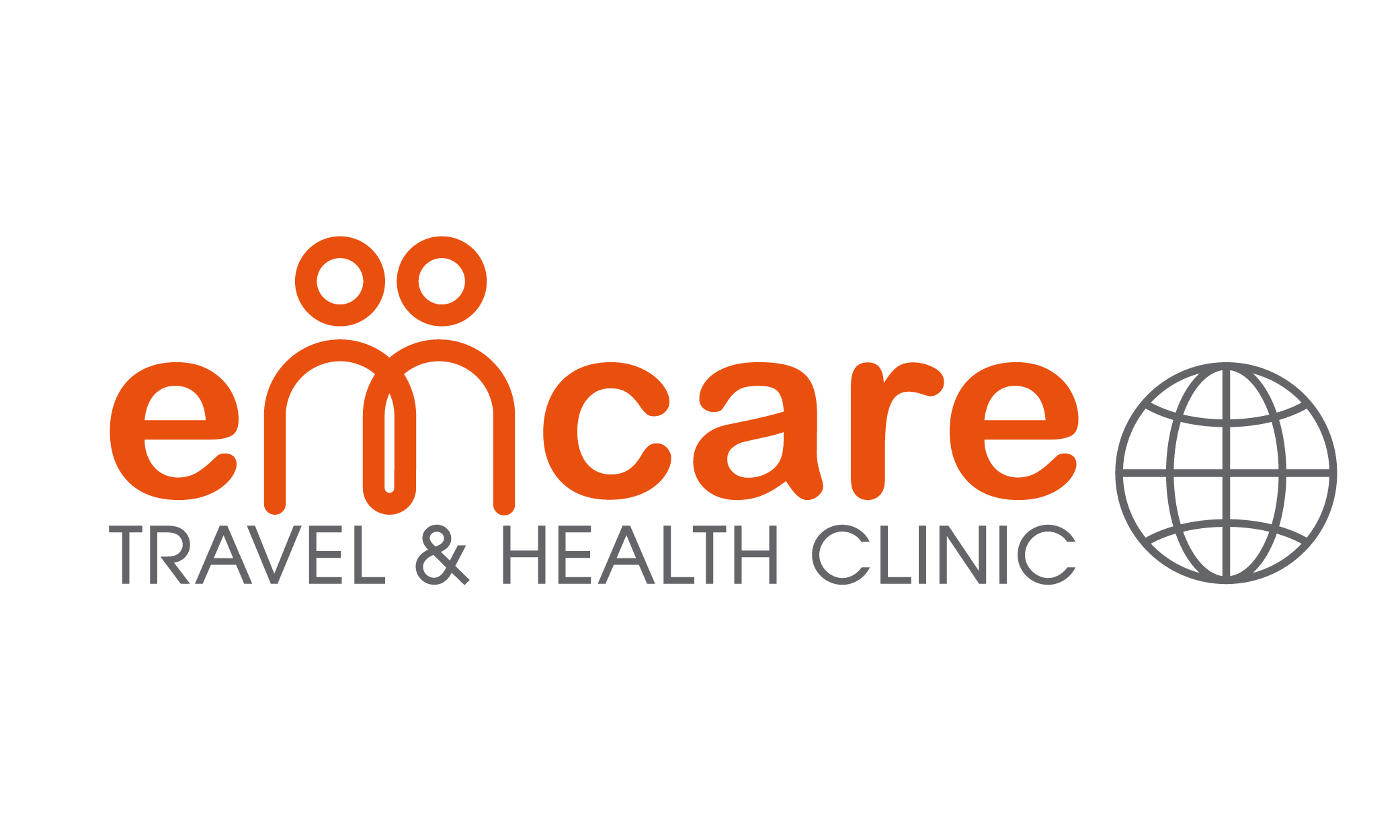When planning a holiday, most travellers think about passports, insurance, and luggage. Yet one of the most crucial aspects is often overlooked: vaccines. The immunisations you need vary significantly depending on the time of year you travel and your chosen destination. Summer and winter holidays pose different risks, from mosquito-borne illnesses under the blazing sun to respiratory infections in colder months. Preparing with the right vaccines can safeguard your health and ensure your trip is memorable for the right reasons.
This complete seasonal guide explores the difference between summer and winter travel vaccines, offers advice on timing, and highlights the key considerations every traveller should make. Whether you are escaping to tropical beaches in July or planning a Christmas skiing holiday in Europe, this resource will help you understand what vaccines are recommended and how to prepare in advance.
Why Seasonal Travel Risks Differ
The season in which you travel determines the kinds of illnesses you may encounter. Warm weather brings increased risks of insect-borne diseases, such as malaria or dengue fever, particularly in tropical and subtropical regions. Hot and humid climates also contribute to food and water-borne diseases like hepatitis A and cholera.
In contrast, winter holidays usually involve enclosed spaces, colder weather, and crowds, creating ideal conditions for respiratory viruses like influenza, COVID-19, and RSV to spread.
Key differences at a glance:
| Season | Common Risks | Examples of Affected Regions |
|---|---|---|
| Summer | Insect-borne and water-borne diseases | Asia, Africa, South America |
| Winter | Respiratory viruses, measles outbreaks | Europe, North America, Global |
Essential Vaccines for Summer Travel
Summer holidays are often associated with beach resorts, treks in rural areas, and longer exposure to nature. These experiences, while exciting, bring particular health risks. Here are the main vaccines to consider:
Hepatitis A & B
Hepatitis A is transmitted through contaminated food and water, making it a risk for many developing countries. Hepatitis B spreads through blood and bodily fluids, with heightened risks in healthcare settings or through unprotected sexual contact. – Schedule: Hepatitis A typically requires two doses, while Hepatitis B involves three. A combined vaccine is available. – Destinations: Asia, Africa, South America, and parts of Eastern Europe.
Typhoid
Caused by consuming contaminated food and water, typhoid is a common risk for travellers heading to South Asia and Africa. – Schedule: Oral capsules (taken over several days) or a single injection. – Destinations: India, Pakistan, Bangladesh, much of Africa.
Cholera
While rare for short-term tourists, cholera remains a risk in areas with poor sanitation or during outbreaks. – Schedule: Oral vaccine, typically two doses. – Destinations: Sub-Saharan Africa, South Asia, disaster zones.
Yellow Fever
A life-threatening mosquito-borne disease, yellow fever is endemic in parts of Africa and South America. Proof of vaccination may be required for entry into some countries. – Schedule: Single injection at least 10 days before travel. – Destinations: Ghana, Nigeria, Brazil, Peru.
Japanese Encephalitis
This mosquito-borne disease occurs in rural parts of Asia, especially near rice paddies and during the rainy season. – Schedule: Two doses spaced 28 days apart. – Destinations: China, India, Thailand, Vietnam.
Rabies
Though not limited to summer, rabies is a serious concern for travellers in rural or remote regions where access to medical care is limited. – Schedule: Three doses pre-exposure; post-exposure boosters if bitten. – Destinations: Africa, Asia, Latin America.
Tick-Borne Encephalitis (TBE)
Ticks are most active in warmer months, especially in forests and grasslands across Central and Eastern Europe. – Schedule: Three-dose course with boosters every 3–5 years. – Destinations: Austria, Poland, Russia, the Baltics.
Routine Vaccinations
Regardless of season, travellers should be up-to-date with standard immunisations such as measles, mumps, rubella (MMR), tetanus, and diphtheria.
Winter Travel: Key Vaccines You Need
Winter holidays typically involve urban centres, colder climates, and increased indoor activities, which makes respiratory illnesses a priority.
Influenza (Flu)
Flu spreads quickly in crowded airports, ski resorts, and holiday gatherings. – Schedule: Annual vaccine, ideally in autumn before winter travel. – Destinations: Global.
COVID-19
Updated vaccines are recommended annually or as advised depending on circulating strains. – Schedule: One dose of the most recent vaccine, plus boosters for vulnerable groups. – Destinations: Global.
Respiratory Syncytial Virus (RSV)
While RSV is usually associated with children, older adults and pregnant women are at increased risk of severe illness. – Schedule: One-time dose for those in high-risk categories. – Destinations: Global.
Measles, Mumps, and Rubella (MMR)
Winter often coincides with outbreaks of measles in busy tourist regions. Ensuring MMR vaccination protects against this risk. – Schedule: Two doses for full protection. – Destinations: Worldwide.
Pneumococcal Vaccine
For older adults or those with chronic conditions, the pneumococcal vaccine offers protection against pneumonia, which often surges in winter. – Schedule: One or two doses depending on risk group.
Comparing Summer and Winter Vaccine Needs
To highlight the differences between the two seasons, consider the following:
| Vaccine | Summer Priority | Winter Priority |
|---|---|---|
| Hepatitis A & B | ✓ | ✓ |
| Typhoid | ✓ | – |
| Cholera | ✓ | – |
| Yellow Fever | ✓ | – |
| Japanese Encephalitis | ✓ | – |
| Rabies | ✓ | ✓ |
| Tick-Borne Encephalitis | ✓ | – |
| Routine (MMR, DTP) | ✓ | ✓ |
| Influenza | – | ✓ |
| COVID-19 | – | ✓ |
| RSV | – | ✓ |
| Pneumococcal | – | ✓ |
This table illustrates how summer travel emphasises environmental and insect-borne threats, while winter travel focuses on respiratory and routine immunisations.
Timing Matters: When to Book Vaccinations
Travel vaccines require careful planning. Some, such as yellow fever or hepatitis A, offer protection quickly, while others, like Japanese encephalitis, require multiple doses over weeks.
- 6 months before travel: Begin discussions with a travel clinic if heading to remote or high-risk destinations.
- 2–3 months before travel: Book appointments for multi-dose vaccines.
- 4 weeks before travel: Last chance for most routine travel vaccines.
- Last minute: Even if time is short, a single dose can still provide partial protection. Clinics can also provide accelerated schedules.
At Emcare Travel Clinic, we offer expert advice tailored to your destination and travel dates. Call 0141 404 0075 or book an appointment online to secure your vaccination plan.
Beyond Vaccines: Additional Precautions
While vaccines are vital, they are only one part of a safe travel strategy.
- Insect protection: Use repellents, mosquito nets, and wear protective clothing.
- Food and water safety: Stick to bottled water, avoid raw food, and wash hands regularly.
- Crowded settings: In winter, wear masks if necessary and practise good hygiene.
- Travel insurance: Ensure your policy covers medical care and emergencies.
Conclusion
Whether travelling for summer adventures or winter escapes, vaccines are a key part of your journey preparation. Summer requires protection against mosquito-borne and water-borne diseases, while winter prioritises respiratory illnesses. Staying up-to-date with both seasonal and routine vaccines ensures you travel safely.
At Emcare Travel Clinic, our experts help tailor your vaccination schedule to your unique travel plans. Don’t leave your health to chance. Call 0141 404 0075 or book your appointment online today.
For more information on our services, visit Emcare Travel Clinic. Safe travels start with smart preparation.


Recent Comments